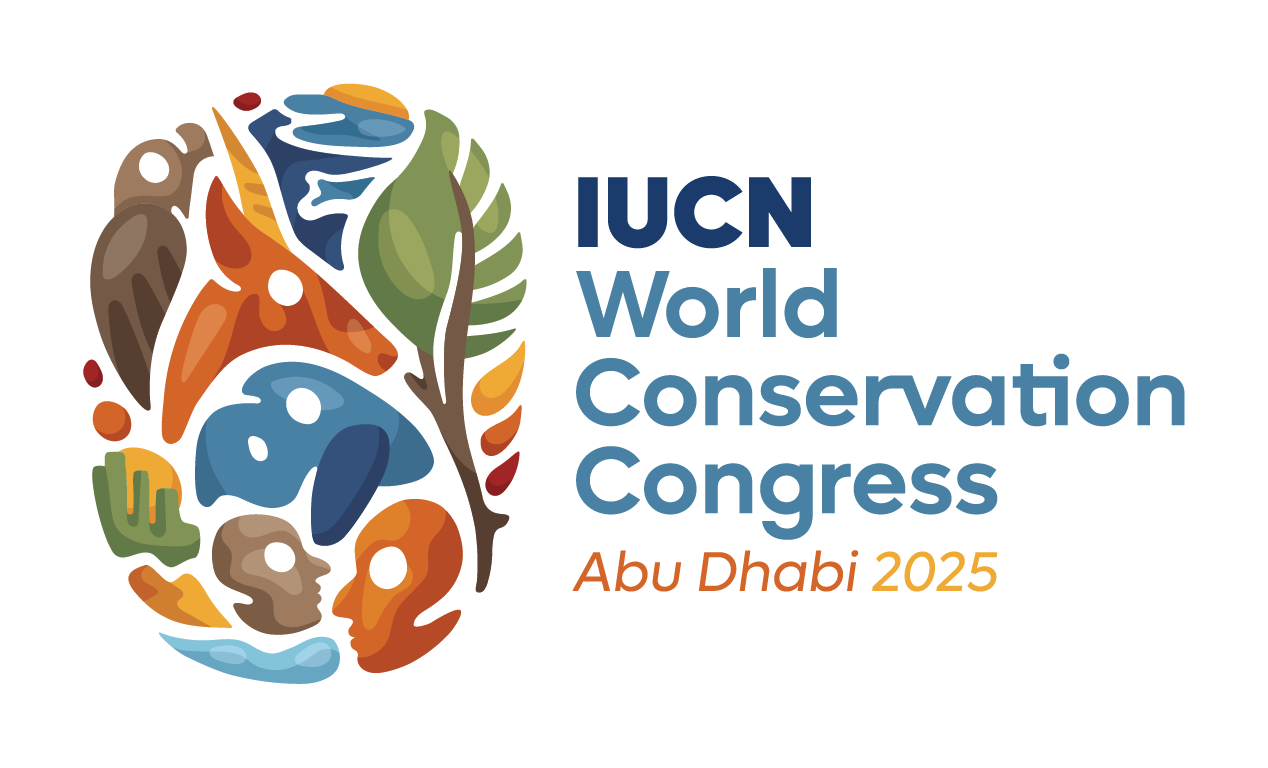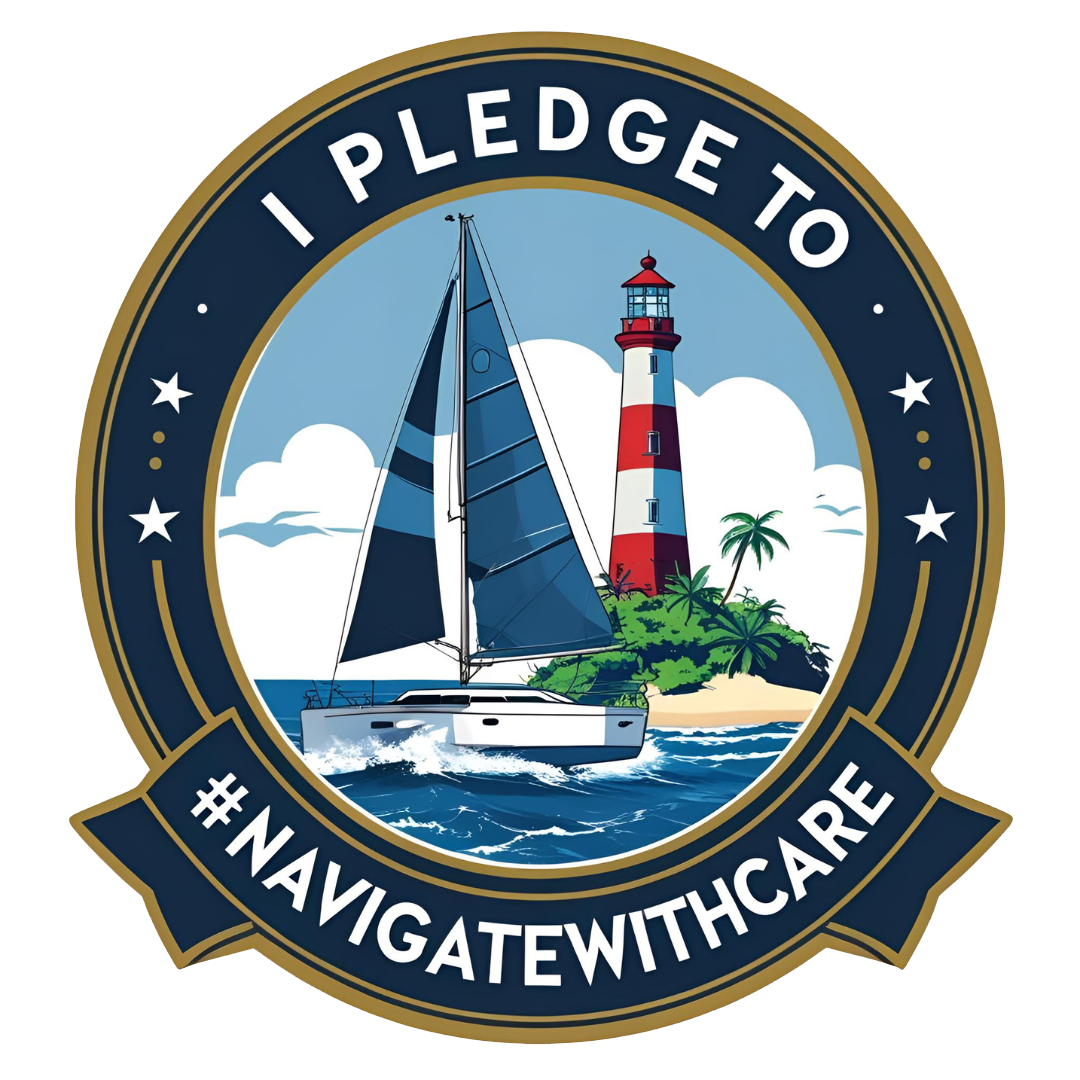Widespread and Persistent Populations of a Major New Marine Actinomycete Taxon in Ocean Sediments
A major taxon of obligate marine bacteria within the order Actinomycetales has been discovered from ocean sediments. Populations of these bacteria (designated MAR 1) are persistent and widespread, spanning at least three distinct ocean systems. In this study, 212 actinomycete isolates possessing MAR 1 morphologies were examined and all but two displayed an obligate requirement of seawater for growth. Forty-five of these isolates, representing all observed seawater-requiring morphotypes, were partially sequenced and found to share characteristic small-subunit rRNA signature nucleotides between positions 207 and 468 (Escherichia coli numbering). Phylogenetic characterization of seven representative isolates based on almost complete sequences of genes encoding 16S rRNA (16S ribosomal DNA) yielded a monophyletic clade within the family Micromonosporaceae and suggests novelty at the genus level. This is the first evidence for the existence of widespread populations of obligate marine actinomycetes. Organic extracts from cultured members of this new group exhibit remarkable biological activity, suggesting that they represent a prolific resource for biotechnological applications.
The recently proposed class Actinobacteria (20) is comprised of high-G C-content gram-positive bacteria and includes the actinomycetes (order Actinomycetales), whose members have an unparalleled ability to produce diverse secondary metabolites. These bacteria are primarily saprophytic and are best known from soils where they contribute significantly to the turnover of complex biopolymers, such as lignocellulose, hemicellulose, pectin, keratin, and chitin (27). Additionally, nitrogen-fixing actinomycetes of the genus Frankia have one of the broadest host ranges known, forming root nodule symbioses in more than 200 species of flowering plants (7).
Despite their importance in soil ecology, actinomycetes are best known as a source of antibiotics. This became apparent in 1940, following Selman Waksman’s seminal discovery of actinomycin (24), and was fully realized by the 1980s, when actinomycetes accounted for almost 70% of the world’s naturally occurring antibiotics (15). In the past two decades, however, there has been a decline in the discovery of new lead compounds from common soil-derived actinomycetes as culture extracts yield unacceptably high numbers of previously described metabolites. For this reason, the cultivation of rare or novel actinomycete taxa has become a major focus in the search for the next generation of pharmaceutical agents (2)…


